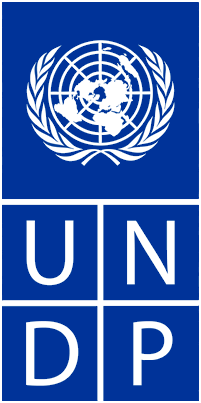Community / Land projects / Large-scale land transformations in Indonesia: The role of community paralegals in resolving conflicts
Large-scale land transformations in Indonesia: The role of community paralegals in resolving conflicts

€0
07/17 - 03/20
Achevé
This project is part of
Implementing Organisations
Donors
Data Providers
General
In Central Kalimantan, Indonesia, Dayak communities have experienced threats to their livelihoods due to wide-scale and rapid changes in land use over the last ten years. These trends also threaten the sustainable use of natural resources. A new democratic regime in 1998 brought about notable improvements in the legal framework such as recognizing communal land rights, managing forest areas, ensuring sustainable use of natural resources, and facilitating participatory decision-making and equitable negotiations. However, many Indonesians, including the Dayaks, are still largely unable to use the law to defend their interests. This project is implemented in partnership with the Indonesian Forum for the Environment (an affiliate of Friends of the Earth International), the largest and oldest environmental advocacy non-governmental organization in Indonesia. It aims to empower marginalized Dayak communities to obtain remedies for the impacts caused by the operations of companies on common-use lands. This involves engaging with administrative structures, and pressing local governments for more consistent and just implementation, as well as better environmental and social outcomes of state regulation. Traditionally, this role has been filled by community paralegals, who are able to use knowledge of the law and legal processes, familiarity with the local context, and a range of practical strategies to empower communities to protect and enforce their rights under law. The project will recruit, train, and support 24 community paralegals, half of them women, to work alongside communities facing the impacts of unsustainable changes in land use and non-compliance with existing legislation. The activities include education and training, legal counseling and mediation, documentation and mapping, and data analysis and policy recommendations for institutions at the provincial level and at the national Ministry of Environment and Forestry. The objective is to enable the local community, especially women, to navigate legal channels and seek peaceful remedies for fair solutions to land-related conflicts. It will empower them to access remedies offered through legal and regulatory institutions and make government responsive to local community grievances. Establishing relationships with local authorities to advocate for regulatory and institutional changes will help reduce the enforcement gap, strengthen institutional mechanisms for environmental and social protection of the local communities, and enable timely responses to the impacts of large-scale land transformations in Central Kalimantan.



